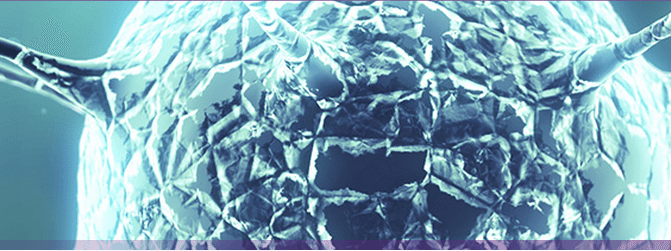
At the end of February, 2015, Parisian clinical biotech ABIVAX announced that it has recruited patient number one for an Asia-Pacific based phase IIb-III clinical trial for investigation into the efficacy of a vaccine therapy for chronic hepatitis B. Three months later, the company filed for an initial public offering (IPO), with the goal being that the funds raised would meet the capital requirements of two trials, one for the aforementioned hepatitis vaccination and another for a small molecule inhibitor of HIV replication. Now, the company has just released more details about its IPO, and we have learnt what ABIVAX expects to price itself at on public launch. So, with this said, is this a hot IPO, and is it an opportunity for investors to pick up and early-stage exposure to the company with two promising lead candidates in late stage trials? Let’s take a look.
First, let’s have a quick look at the two treatment candidates, and the market potential for each. First up is ABX203, a therapeutic vaccine against chronic hepatitis b. A therapeutic vaccine is a vaccine used on a patient that already suffers from a disease, rather than a prophylactic vaccine, which is the more traditional “use in advance” type vaccine. In this instance, a payload of both HBS and HBC antigens is delivered into the patient, stimulating an immune response to the disease.
There are currently 350 million HBV carriers worldwide, and about 1.5 million people die each year from complications of the chronic hepatitis B virus infection. The disease is a global, but its prevalence is highest in sub-Saharan Africa and East Asia. In a study conducted by the hepatitis B foundation of Pennsylvania back in 2011, analysts reported the annual cost of approved HBV therapeutic treatments is being approximately $18,000 annually, with the lowest at $5000 and the highest at $35,000. The World Health Organization the rights HBV prevalence into three categories – more than 8% (high) between 2% and 8% (intermediate) and less than 2% (low). In Asia, where ABIVAX is looking to gain approval, prevalence is high.
ABIVAX is currently recruiting participants for its hepatitis B trial, with the estimated study completion date at December 2017 and primary completion date at December 2016.
The second ABIVAX candidate is ABX464, a novel small molecule inhibiting HIV replication. This treatment inhibits the biogenesis of viral RNA, the riboxy nucleotide that is required for the replication of the HIV virus. Currently, when somebody suffers from HIV, the HIV virus invades the immune cells that would normally protect the body. The virus then uses the machinery of the cells to reproduce. Synthesis of new viruses occurs when RNA is produced by the nucleus. Cellular machinery then reads the code present in this RNA and produces viral proteins. A protein called REV mediates the transport of viral RNA out of the nucleus, and it is this protein that ABX464 serves to inhibit. The market for HIV vaccines is substantial, with more than 35 million people living with HIV globally, and nearly 5,000,000 people becoming infected each year.
As with the hepatitis B trial, the ABX464 is also recruiting already, and is expected to complete more quickly than the previous, with both study completion and primary completion slated for December 2015.
So, what are the details of the IPO? ABIVAX is targeting a midpoint share price of $23.91 per share, with about 2 million shares registered and another 300,000 set aside for its underwriters. This values the IPO at just short of $50 million. The company has an overall allotment allocation that could see it raise a further $15 million, with the total funds raised assuming the overallotment allocation comes through being $64.8 million at midpoint share price.
So, what’s the takeaway? Well, the biotech IPO space has been an exciting place to be over the past 12 months, and we have seen a number of successful public introductions across a range of treatment areas. If ABIVAX can go public successfully, it should raise enough capital to fund both of its lead trials through to completion, and could be marketing both treatments (assuming approval) before the end of 2017. With such massive markets targeted, even if just one drug gains approval, we could see a large upside revaluation in ABIVAX shares going forward. Further, with two pivotal clinical trials ongoing, there is plenty to drive volatility in ABIVAX’s market capitalization over the coming 12 months, and an aggressive, speculative investor could benefit from playing this volatility moving forward.




